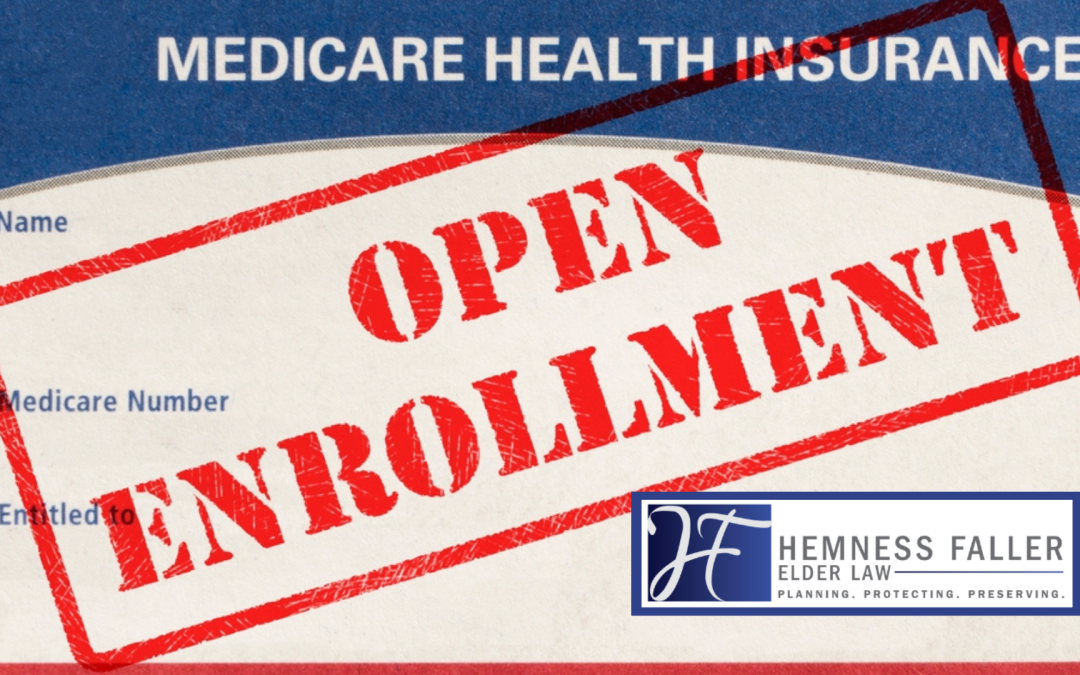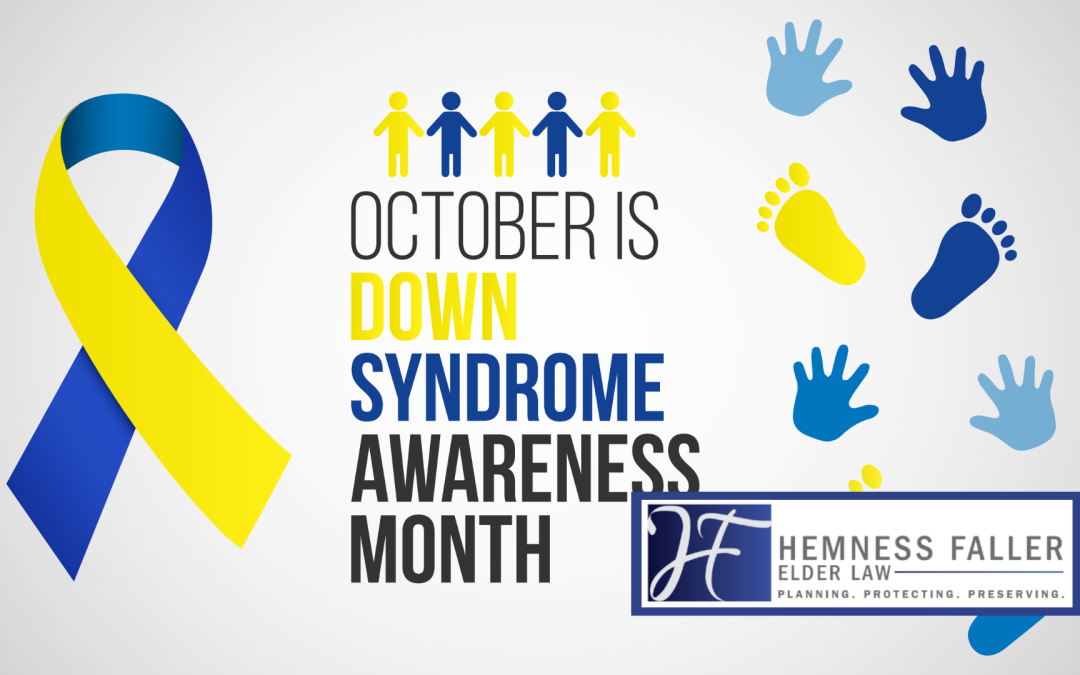Depression involves prolonged feelings of sadness, despondency, and an overall loss of interest in people and activities a person may have once enjoyed. The consequences of severe depression can be devastating, and unfortunately, they are all too common in military veterans.
According to the RAND Center for Military Health Policy Research, an estimated 20 percent of the veterans who served in Iraq and Afghanistan suffer from either major depression or post-traumatic stress disorder. Alcohol and substance abuse, criminal justice problems, homelessness and suicide are some of the worst outcomes associated with untreated depression.
The problem is too important to ignore, and too complicated to expect an easy fix. There are things you can do, though, to help a struggling veteran.
While in our practice we work predominantly with senior veterans and their caregivers, we know just how important it is to build a community around all of our veterans. VA Pension is just one of the benefits we know that wartime veterans need to ensure that they have the support they need and our legal team is able to help them obtain.
This Veterans Day, how can we help the veterans around us? Start by making yourself available to listen and empathize with veterans, with the goal to build trust in a thoughtful way. If necessary, encourage them to seek help at the nearest Veterans Affairs office or another credible health care provider.
Encouraging help can be tricky, as military vets can sometimes be embarrassed, proud or view needing mental health assistance as weak. Each of us deals with these challenges differently, so always remember to be compassionate and respectful.
Here are a few tips for when you decide to assist a veteran:
- Find a time to talk with as few outside distractions as possible.
- Tell your veteran friend or family member how much you and others care about them.
- In a respectful way, acknowledge any changes in their behavior you have observed.
- Talk about how these changes have impacted you and the other people in their life.
- Remind them of the VA services and benefits available to support them.
- Keep listening and empathizing with them.
If they refuse help, withdraw or start aggressively arguing, remember to focus on their behaviors when responding. It may be difficult, but do not attack them personally. The best way to help them will be to continue providing consistent support.
For reference, here are a few things not to do:
- Do not dismiss them by saying things like “snap out of it” or “pull yourself together.”
- Do not try to force them to socialize or take on activities that can result in failure.
- You can acknowledge the negative views of a struggling veteran, but do not agree with him or her.
It may be difficult, but it is important to consistently present a realistic picture of life beyond a veteran’s depression. Keep supporting them. Keep encouraging treatment and express hope that the situation will get better. We are here to help you and our Tampa Bay community get the support you need. Do not wait to ask us your questions on this or any legal challenge today.






